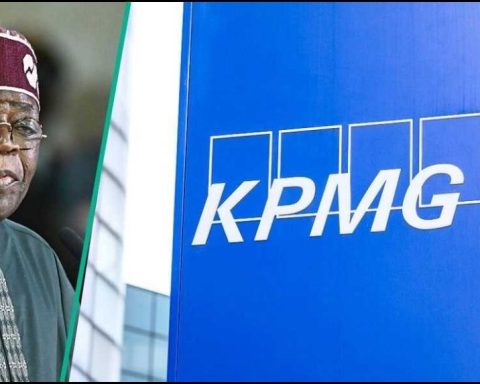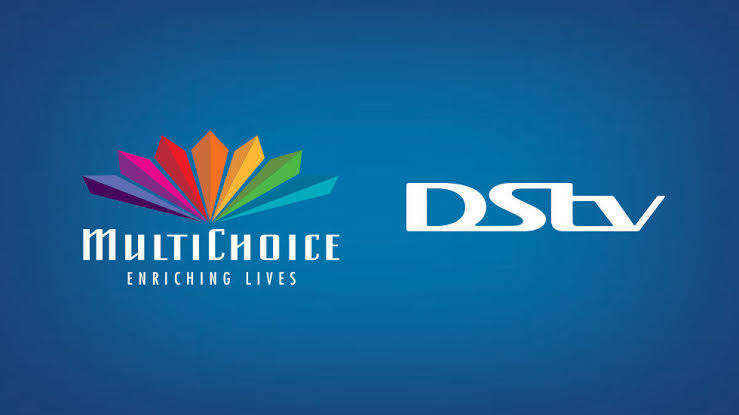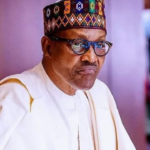By Blakey Okwudili Ijezie, FCA
Nigeria stands at a historic fiscal crossroads. From January 1, 2026, the 2025 Tax Reform Acts will reshape how citizens, entrepreneurs, and corporations engage with the nation’s tax system. This is not just another policy change—it is a deliberate transformation designed to simplify compliance, enhance transparency, and unlock opportunities for growth. After decades of fragmented levies and policy uncertainty, Nigerians now face a clear choice: to understand, adapt, and thrive in a system built for efficiency and prosperity, or risk penalties and missed opportunities.
Join our WhatsApp ChannelA Historic Turning Point in Nigeria’s Tax Journey
The evolution of Nigeria’s tax system sets the stage for these landmark reforms. From colonial-era levies to post-independence centralization under the Federal Board of Inland Revenue, the country has long sought a more efficient and growth-oriented framework. The introduction of Value Added Tax (VAT) in 1993 marked a shift to consumption-based taxation. Later, initiatives such as the Voluntary Assets and Income Declaration Scheme (VAIDS) encouraged voluntary disclosure of undeclared assets while offering relief from penalties. Yet challenges persisted—low tax literacy, narrow coverage, and bureaucratic bottlenecks. That history provides the foundation for the 2025 reforms, situating citizens and businesses within a broader trajectory of fiscal modernization.
From Consultation to Legislation: How the Reforms Emerged
The journey toward the 2025 Tax Reform Acts began in 2023 with the Presidential Committee on Fiscal Policy and Tax Reforms. After wide consultations and policy reviews, four comprehensive tax bills were submitted in 2024 to modernize the tax system, enhance compliance, and create a framework for investment.
The proposals sparked debate. The National Economic Council, made up of the 36 state governors and chaired by the Vice President, initially rejected them over concerns about revenue sharing. President Bola Ahmed Tinubu insisted on their necessity, and vigorous negotiations followed. Compromises included retaining VAT at 7.5 percent, Companies Income Tax at 30 percent, and reducing the VAT derivation formulary from 60 percent to 30 percent. Eventually, the bills were passed and signed into law on June 26, 2025, followed by a nationwide taxpayer education campaign ahead of implementation.
The Four Pillars of the 2025 Tax Reform Acts
The reforms rest on four pillars. The Nigeria Tax Act (NTA) consolidates Companies Income Tax, Personal Income Tax, VAT, Capital Gains Tax, Stamp Duties, and other levies into a single framework. The Nigeria Tax Administration Act (NTAA) sets out clear rules for administration, compliance, and enforcement. The Nigeria Revenue Service (NRS) Establishment Act replaces FIRS with a more transparent and accountable authority, while the Joint Revenue Board (JRB) Establishment Act harmonizes federal and state tax collection. Together, these measures modernize infrastructure, strengthen enforcement, and introduce digital administration and dispute resolution.
What the Reforms Mean for Individuals, SMEs, and Corporations
For individuals, personal income up to ₦800,000 annually is now exempt, easing the burden on low- and middle-income earners. Digital compliance via the NRS e-portal will improve filing accuracy and financial planning. VAT exemptions on essentials—such as food items, educational books, pharmaceuticals, and electricity transmission—further protect household budgets.
SMEs and start-ups gain exemptions and incentives, especially in agriculture, education, healthcare, and technology. Eligible investments may attract tax holidays, reduced VAT, and grants. By embedding compliance into their business strategies, entrepreneurs can strengthen governance, attract investors, and position themselves for sustainable growth.
READ ALSO: Nigeria’s New Tax Laws: Key Benefits For SMEs And Workers
Large corporations, with turnover above ₦50 billion or multinational groups earning over €750 million annually, are subject to a 15 percent global minimum tax. Compliance will require careful review of intercompany transactions, transfer pricing rules, and digital records. Mandatory e-invoicing and VAT fiscalization reduce audit risks while improving efficiency. Strategic sector-based incentives also align compliance with growth and social responsibility goals.
Preparing for 2026: Turning Compliance into Prosperity
As the reforms take effect on January 1, 2026, the six-month preparatory period is crucial. Nigerians should engage certified tax advisors, register on the NRS e-platform, review eligibility for exemptions, and maintain accurate financial records. Integrating tax planning into personal and corporate strategy is no longer optional—it is the gateway to thriving.
The 2025 Tax Reform Acts are more than legislative milestones; they represent a historic opportunity to transform compliance into growth and prosperity. By embracing digital administration, maximizing incentives, and safeguarding rights, Nigerians at every level—individuals, SMEs, start-ups, and corporations—are equipped to succeed in the evolving tax landscape. Compliance is no longer about fear of penalties; it is about turning obligations into opportunities, building investor confidence, and contributing meaningfully to national development. Those who act decisively today will harness the new tax landscape as a catalyst for financial empowerment, business expansion, and sustainable prosperity.
Key Takeaways
• Effective Date: Reforms take effect January 1, 2026.
• Individuals: Income below ₦800,000 exempt; VAT exemptions on essentials.
• SMEs/Start-ups: Tax holidays, grants, and reduced VAT for priority sectors.
• Corporations: 15% global minimum tax on large firms; e-invoicing mandatory.
• Action Steps: Register on NRS e-platform, seek tax advice, keep accurate records.
• Big Picture: Compliance is not just duty—it’s a pathway to growth and prosperity.
Chief Ijezie writes from Anthony Village, Lagos













